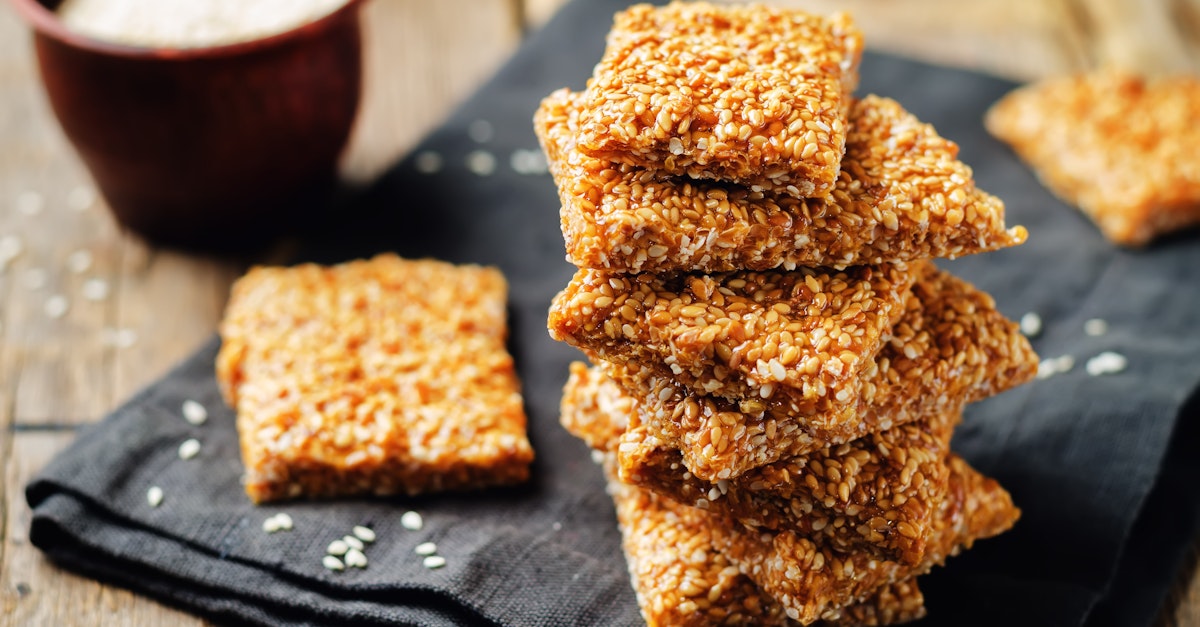White Dots in Poop: A Comprehensive Guide to Causes, Concerns, and Treatments

Key points
- Seeds: Sesame, sunflower, and chia seeds.
- Nuts: Fragments of almonds or other light-colored nuts.
- Grains: Quinoa and corn kernels.
- High-fiber vegetables: The tough skins or fibrous parts of certain vegetables.
Noticing a change in your bowel movements, such as white dots in your poop, can be unsettling. While your mind might jump to the worst-case scenario, the cause is often something simple and harmless. However, in some cases, these white specks can be a sign from your body that something isn't right.
This comprehensive guide, synthesized from leading health sources and medical research, will help you understand the potential causes, differentiate between harmless specks and signs of a problem, and know when it's time to consult a healthcare provider.
Common and Harmless Causes of White Specks in Stool
More often than not, white specks in stool are not a cause for alarm. They typically fall into one of two categories: undigested food or medication casings.
Undigested Food
The most frequent explanation for white specks is bits of undigested food. Your digestive system is powerful, but some foods, particularly those high in insoluble fiber or with tough outer layers, can pass through relatively unchanged.
Common culprits include:
- Seeds: Sesame, sunflower, and chia seeds.
- Nuts: Fragments of almonds or other light-colored nuts.
- Grains: Quinoa and corn kernels.
- High-fiber vegetables: The tough skins or fibrous parts of certain vegetables.
This is a normal part of digestion and simply shows that the fibrous material has passed through your system without being fully broken down.
Medications
If you've ever found what looks like a whole pill in your stool, you've experienced the "ghost pill" phenomenon. This is common with certain types of medication, especially controlled-release or extended-release tablets.
The body absorbs the active medication, but the indigestible outer shell or casing passes through the digestive tract and is expelled. According to medical experts at Medical News Today, finding a pill casing is normal for these types of drugs and doesn't mean your medication isn't working. If you have concerns, speak with your doctor or pharmacist.
 Image: Common foods like nuts and seeds can appear as white specks in stool. Source: ZOE
Image: Common foods like nuts and seeds can appear as white specks in stool. Source: ZOE
When White Specks Could Signal a Medical Condition
If the white specks are persistent or accompanied by other symptoms, they may point to an underlying health issue.
Parasitic Infections
The thought of parasites is unpleasant, but they are a treatable cause of white specks in stool.
Tapeworms
A tapeworm infection can produce segments (proglottids) that break off and appear in the feces.
- Appearance: Flat, square-shaped, white or yellowish specks, often described as looking like grains of rice.
- Other Symptoms: May include nausea, abdominal discomfort, diarrhea, and unexplained weight loss, though many people have no other symptoms.
Pinworms (Threadworms)
Pinworms are a common intestinal parasite, especially in children.
- Appearance: Tiny, white, and thin, looking more like small pieces of white thread than dots.
- Other Symptoms: The most common symptom is intense itching around the anus, which is often worse at night.
Fungal Infections (Candida)
An overgrowth of yeast, such as Candida albicans, can sometimes lead to white, stringy mucus or small white clumps in the stool. This is more common in individuals with a compromised immune system.
Malabsorption and Digestive Disorders
White specks can also be a sign that your body isn't properly digesting and absorbing nutrients, particularly fat.
Steatorrhea (Excess Fat in Stool)
This condition results from poor fat absorption. Rather than distinct specks, it typically causes the entire stool to be pale, bulky, greasy, and foul-smelling. It can be a sign of issues with the pancreas, liver, or gallbladder.
Celiac Disease
This autoimmune disorder is triggered by gluten, causing damage to the small intestine and leading to malabsorption. As noted by ZOE, celiac disease can cause pale, bad-smelling stool that may contain undigested food particles.
Inflammatory Bowel Disease (IBD)
Conditions like Crohn's disease and ulcerative colitis cause chronic inflammation in the digestive tract. This inflammation can lead to the presence of white or yellowish mucus or pus in the stool.
Irritable Bowel Syndrome (IBS)
According to experts at Verywell Health, people with IBS can sometimes have excess mucus in their stool that may appear white.
When to See a Doctor
While occasional white specks are usually benign, you should consult a healthcare provider if you experience any of the following "red flag" symptoms:
- Persistent specks: The white dots appear consistently for more than a few days.
- Diarrhea: Lasting more than 24-48 hours.
- Severe abdominal pain or cramping.
- Nausea and vomiting.
- Unexplained weight loss.
- Fever.
- Blood or significant mucus in the stool.
- Intense anal itching, especially at night.
- Jaundice (yellowing of the skin or eyes), which can signal liver or gallbladder problems.
!A graphic illustrating the human digestive system.:max_bytes(150000):strip_icc()/GettyImages-1406181342-19ee99b9e10549b7a0e825cfedf77cf7.jpg "Source: verywellhealth.com") Image: Your digestive tract can provide important clues about your overall health. Source: Verywell Health
Diagnosis and Treatment
To determine the cause of the white specks, your doctor will likely ask about your diet, medications, and symptoms. Diagnostic steps may include:
- Stool Test: A sample of your stool is analyzed for parasites, parasite eggs, blood, fat, or signs of infection.
- Tape Test: For suspected pinworms, a piece of clear tape is pressed to the skin around the anus to collect eggs for microscopic examination.
- Blood Tests: Can help detect signs of infection, inflammation, or nutritional deficiencies related to conditions like celiac disease.
- Endoscopy or Colonoscopy: In some cases, a procedure to look inside your digestive tract may be needed to check for inflammation or other abnormalities.
Treatment depends entirely on the underlying cause:
- Undigested Food: No treatment is needed. Chewing food more thoroughly may help.
- Medication: Your doctor may confirm this is a normal side effect or suggest an alternative medication if you are concerned.
- Parasites: Oral anti-parasitic medication is prescribed. Often, all members of the household need to be treated to prevent reinfection.
- Digestive Disorders: Treatment focuses on managing the underlying condition, such as a strict gluten-free diet for celiac disease or anti-inflammatory drugs for IBD.
Prevention Tips
You can reduce your risk of some causes of white specks in poop with a few simple practices.
Preventing Parasitic Infections
- Practice Good Hygiene: Wash your hands thoroughly with soap and water after using the bathroom, before preparing food, and before eating.
- Cook Food Thoroughly: Ensure meat and fish are cooked to a safe internal temperature to kill any potential parasites.
- Wash Produce: Wash all fruits and vegetables before consuming them.
- Drink Safe Water: Only drink filtered or treated water, especially when traveling.
Promoting Good Gut Health
A healthy gut can improve overall digestion. Consider these tips from ZOE:
- Eat a variety of plants to support a diverse gut microbiome.
- Incorporate fermented foods like yogurt and kefir, which contain beneficial probiotics.
- Manage stress, as it can negatively impact your digestive system.
- Get regular exercise and adequate sleep.
Disclaimer: This article is for informational purposes only and does not constitute medical advice. Always consult with a qualified healthcare professional for any health concerns or before making any decisions related to your health or treatment.
References

About the author
Fatima Al-Jamil, MD, MPH, is board-certified in gastroenterology and hepatology. She is an Assistant Professor of Medicine at a university in Michigan, with a clinical focus on inflammatory bowel disease (IBD) and motility disorders.